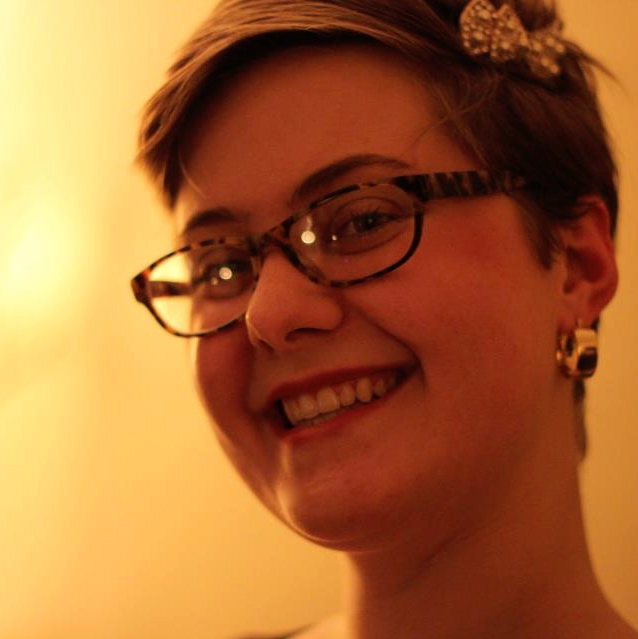HELP! I’m an Old Person Trapped in a Young Person’s Body
/Welcome to a day in the life of a 94 year old 24 year old! This is a sample of my humorous writings, as a mini-break from my Philosophical Musings. Thanks for reading, and see you next week with another Pedestrian Philosophy!
The steam of the kettle warms my face and clears out my ever annoying sinuses as I lean over it, waiting for it to finish boiling so I can add its contents to my poor, abused teapot. My cat meows like a haggard smoker, and stares at his empty white and blue ceramic bowls as if to make something appear from thin air into them. I hobble over and take a bone china teacup down out of my collection; today I’m going to drink from the nice china for once. I sigh, and sit in one of my two chairs by the window, pour the tea that has been brewed for the appropriate amount of time, and contemplate what leftovers I can use for dinner, or whether I have time to get out the sewing machine to touch up the hemlines on my curtains.
An ideal day.
Now tell me, does this describe a healthy, 24 year old woman to you? It shouldn’t. But it does. Somehow I’ve contemplated attending Aquafit classes, wear orthotic shoes, watch Murder She Wrote, am an avid fan of Agatha Christie murder mysteries, and collect things with cats on them, sometimes to pretend that I can drown my cat in all the things I collect. I have fake flowers on my table, and real flowers in my garden. I don’t drink late, and when I do drink it is Lillet, or some other quality beverage.
Help me, I’m an old lady stuck in a 24yr olds body. This is a body that expects me to run, zumba, taibo, tai chi, tai-knots, whatever the heck they’re doing in the gym these days, or at least move my limbs in some fashion that doesn’t resemble rheumatoid arthritis.
I could play chess, or checkers, or euchre, till the sun set, but then I’d have to go to bed because I can’t stay up too late or I’ll get cranky and tired, dontchaknow.
Unfortunately, I seem to be part of a growing trend of young folks that feel this way – that is, anything except young.
Pinterest is overflowing with knitting, cooking, baking, canning, and anything that is nostalgic, vintage, and “old people” like.
Libraries are regaining in popularity, as are thrift stores, and there is no defense against the vitriol spewed by some of these youngsters against the rise of the “e-book”.
I’m afraid I’m just part of a generation that knows what it wants, and it doesn’t want any of this youthful nonsense. All these pop-stars with their bums hanging out, and now it’s side-boob that’s “in”? How about crocheting afghans. We can all get on that bandwagon, can’t we? Must be much cozier, at any rate.
Well as one wise fellow graduate once impressed upon me, there are some students that know just what they want to do once they graduate; retire.
Happy Retirement class of 2012! It’s been great!
Emily Towsley
Emily Towsley, can be found either teasing her cat, or philosophizing with a customer over coffee in her second-life as a barista. Messages of support regarding her addiction to Netflix, and news of vintage teacup sales can be left on her twitter. Her spare time is spent reading copious amounts of books, or working on her latest pinterest project.
Tune in next week on the next philosophical breakdown from your average pedestrian. And feel free to leave her questions on her twitter - she's also up for suggestions on her next topic.











